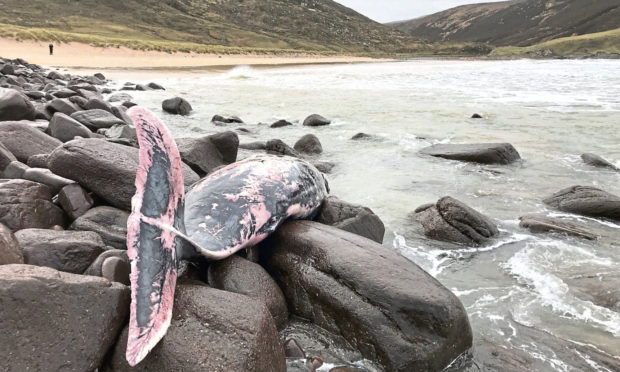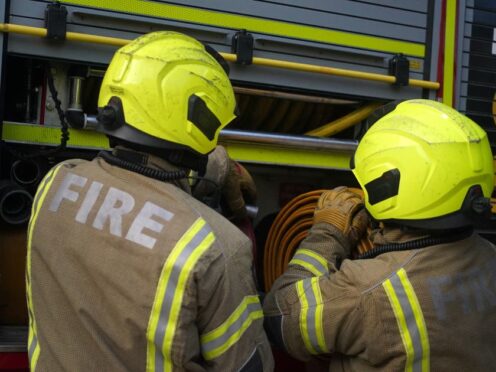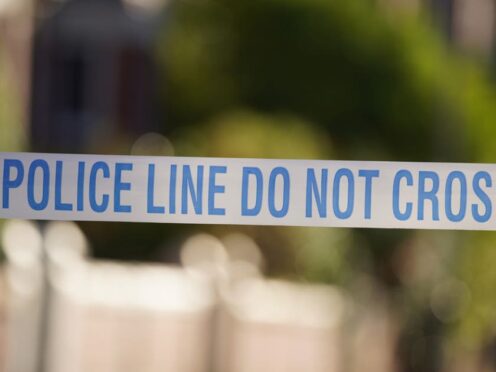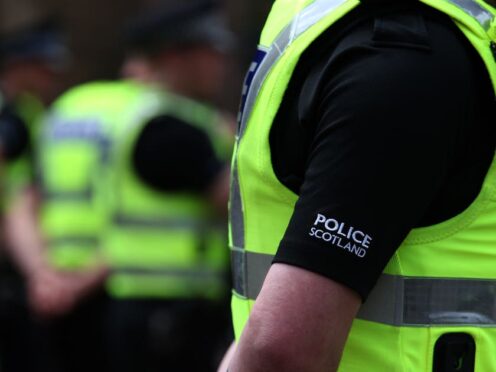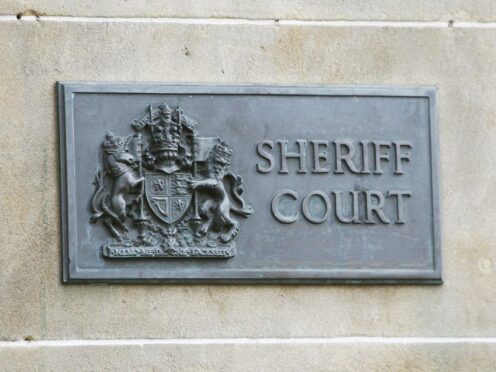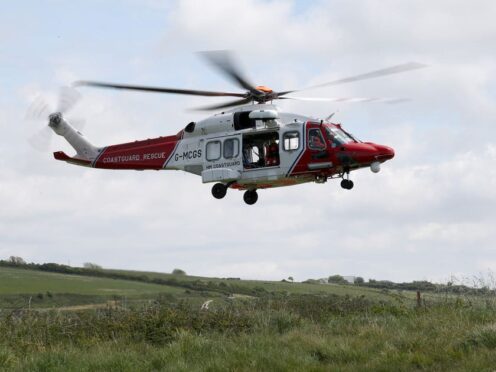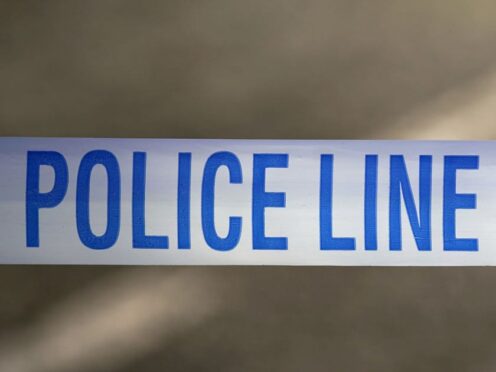One of the world’s rarest species of whale has been discovered stranded in the United Kingdom for the first time, researchers say.
The female True’s beaked whale was found at Kearvaig Bay in Sutherland earlier this year.
It is now in the collections of National Museums Scotland and research has confirmed it as a True’s beaked whale.
The cause of death of the whale, which was discovered on January 29, was found to be trauma associated with live stranding most likely as a result of a severe storm, possibly Storm Brendan on January 13.
Dr Andrew Kitchener, principal curator of vertebrates at National Museums Scotland, said: “True’s beaked whale is a deep-water species and like other beaked whales would be expected to strand only rarely.
“While this discovery adds to the diversity of cetaceans we see in Britain, in recent years there have been many deaths of beaked whales, which may signify that human activities may be causing increasing problems in our wider oceans.”
True’s beaked whale is a medium-sized whale which can grow up to 5.4m long and weigh up to 1,400kg.
It is found in warm, temperate waters of the North Atlantic Ocean, mostly off the edges of continental shelves, however there is a separate population which occurs in the southern oceans around the world.
They feed mainly on squid, but also small fishes and their main European stronghold is in the Bay of Biscay.
True’s beaked whale has been seen in groups of up to three and is rarely stranded.
Dr Kitchener and Dr Andrew Brownlow, of the Scottish Marine Animal Stranding Scheme, Scottish Rural College (SRUC), have written a paper about the discovery which is to be published in Mammal Communications, the online journal of the Mammal Society.
Dr Andrew Brownlow, said: “Beaked whales are a famously difficult or ‘cryptic’, species to understand.
“Their main habitat is thought to be the deep ocean; in Scotland this is around 80 miles offshore on the continental shelf, which is not an easy place to monitor.”
